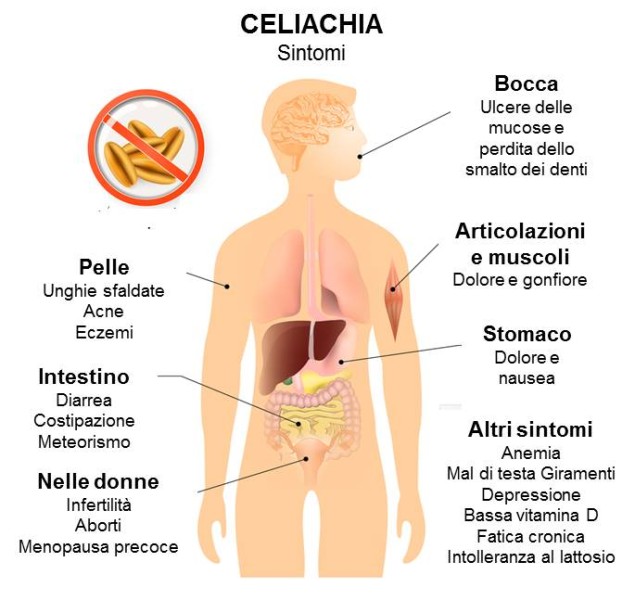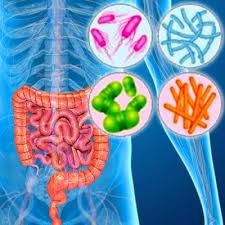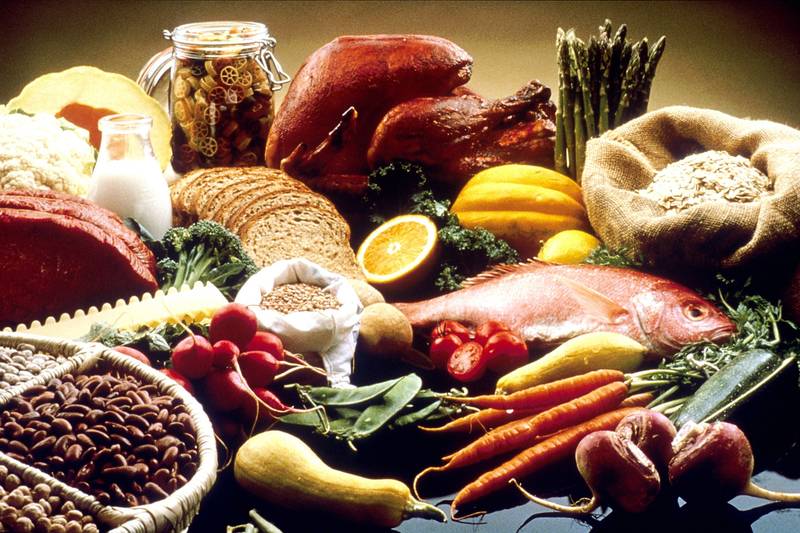
Marco Scaglione
My professional biography and my story are linked together they kept strong by a strap which is called passion. I'm lucky: I like my job, I enjoy it and it fills me with satisfaction.
It was born a new collaboration between Marco Scaglione and Aksum. Click on the logo and visit their site.
INSIGHTS
All insights
Are all proteins the same?

Protein is one of the three essential macronutrients our body needs to survive.
The importance of proteins is due to the ability to provide nitrogen which can be assimilated by animal organisms in the form of aminic nitrogen. In the animals they are localized in the muscular masses, in the vegetables they are found in the seeds, in lesser quantity in the tubers, roots, leaves.
The proteins of greater nutritional value are contained in eggs and milk, are present in all cells, both dispersed in the cytoplasm and in the nucleus.
The proteins isolated from the tissues and purified are presented as colourless or whitish substances, usually amorphous or colloidal, but which can also assume the crystalline state.
Solubility is characteristic of individual proteins: some are soluble in water such as albumins, other in acid solution such as gluteine.
As a result of the colloidal state the proteins coagulate to heat and are subject to denaturation due to acids and alkalis.
The union of the amino acid molecules that form the complex protein molecules, takes place through the carboxyl and aminic group (bond called peptide).
Proteins of the highest purity are found in lean meat and are highly hydrated, while in vegetables they exist in fewer quantities except for a few exceptions.
Proteins can be ingested raw with foods such as eggs, milk, vegetables or cooked as in meat and cereals.
 English
English
 Italiano
Italiano
 Español
Español
 Francais
Francais


 Share on:
Share on:









